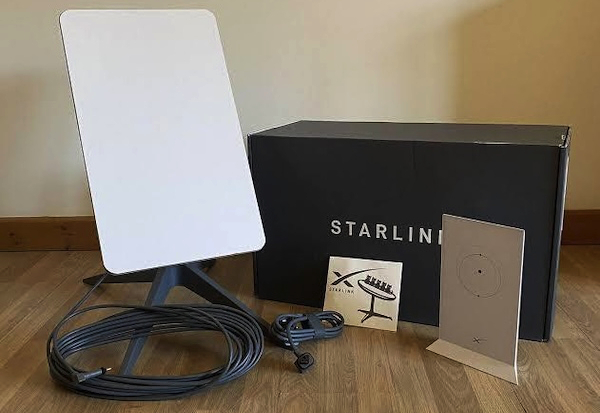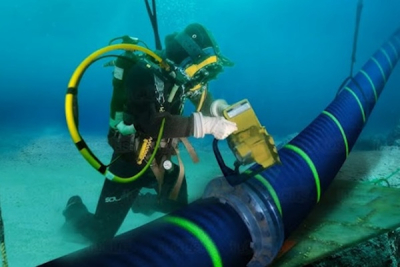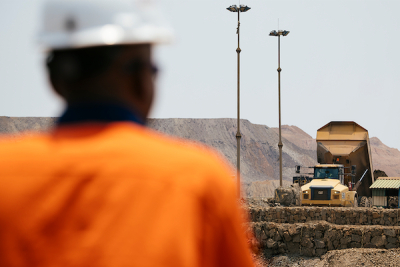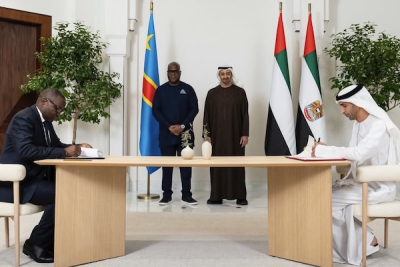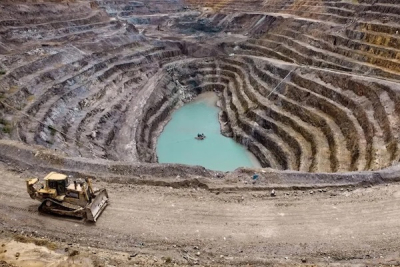The Democratic Republic of Congo (DRC) is preparing to swiftly adopt "appropriate" tax and parafiscal incentives to facilitate equipment importation and reduce the cost of satellite internet access. During the Council of Ministers meeting on June 20, 2025, President Félix Antoine Tshisekedi instructed the government to propose fiscal relief to accelerate the rollout.
On May 2, 2025, a license was granted to Starlink RDC S.A., the local subsidiary of SpaceX’s satellite internet provider. The company has since begun offering services in the country. For its residential service, the most affordable installation kit is currently priced at 575,000 Congolese francs, which is a little over $205 at the current exchange rate. The unlimited monthly subscription costs 144,000 FC, or more than $51. A more limited plan, offering up to 250 GB of data, is also available at 87,000 FC, or $31, per month.
According to Starlink, speeds can reach 270 Mbps. For comparison, achieving similar unlimited speeds with Orange or CanalBox in a residential package costs $99 and $89 per month, respectively. Excluding hardware, Starlink is already more competitively priced than its rivals. Furthermore, while competitors limit coverage to certain neighborhoods in Kinshasa, Starlink offers citywide access. The primary drawback remains the equipment cost. With the tax exemptions directed by the president, Elon Musk’s venture could widen its lead over the competition.
In 2023, only 30.79% of Congolese had access to mobile internet, and less than 0.02% to fixed broadband, according to the Congolese Post and Telecommunications Regulatory Authority (ARPTC). To expand connectivity, President Tshisekedi is banking on the deployment of Starlink and other satellite internet providers, such as Monacosat, with whom the DRC signed a memorandum of understanding on November 12.
He emphasized that satellite internet projects "must not be slowed down" by "legal and regulatory barriers" or by "weak investment in the sector." The technology, he argues, should help "bypass the constraints of physical infrastructure and more quickly bridge the country’s digital divide."
Written in French by Boaz Kabeya (intern),
Translated and adapted into English by Mouka Mezonlin






